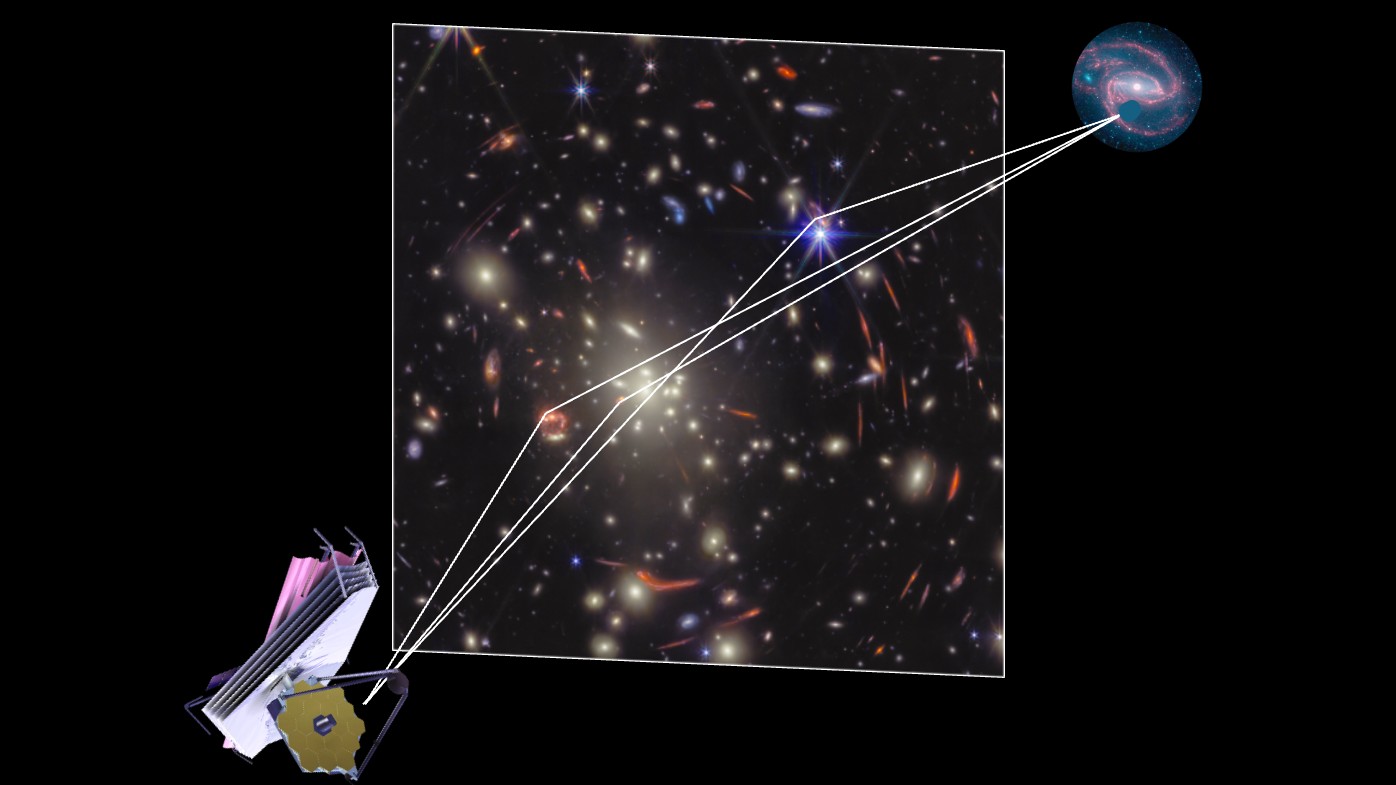
Blood from recovered patients being tested as COVID-19 treatment
The trial will begin this week in New York.

Doctors in New York will soon test an experimental therapy for COVID-19 that uses blood from people who recover from the disease, according to news reports.
The therapy, known as convalescent plasma, takes advantage of the virus-fighting antibodies that are present in people's blood after they recover from the illness, according to NBC News.
For the trial, researchers would collect plasma — the liquid portion of blood that does not include blood cells or platelets — from recovered COVID-19 patients. Researchers would then harvest antibodies against the new coronavirus from the plasma, and these antibodies would then be injected into people sick with COVID-19. The study researchers will then evaluate whether convalescent plasma improves disease outcomes.
"There have been tests that show when a person is injected with the antibodies, that then stimulates and promotes their immune system against that disease," Gov. Andrew Cuomo said at a news briefing Monday (March 23).
The trial, which officials plan to start this week, would only treat people who are seriously ill with COVID-19, Cuomo said.
This type of therapy is more than 100 years old and was used during the 1918 flu pandemic, a time when antiviral drugs and most vaccines did not exist, according to NBC News.
Recruiting for plasma donors would likely start in New Rochelle, a suburb of New York City where many of the state's initial cases occurred, according to NBC.
Get the world’s most fascinating discoveries delivered straight to your inbox.
- The 9 deadliest viruses on Earth
- 20 of the worst epidemics and pandemics in history
- 28 Devastating Infectious Diseases
Originally published on Live Science.
OFFER: Save at least 53% with our latest magazine deal!
With impressive cutaway illustrations that show how things function, and mindblowing photography of the world’s most inspiring spectacles, How It Works represents the pinnacle of engaging, factual fun for a mainstream audience keen to keep up with the latest tech and the most impressive phenomena on the planet and beyond. Written and presented in a style that makes even the most complex subjects interesting and easy to understand, How It Works is enjoyed by readers of all ages.

Rachael is a Live Science contributor, and was a former channel editor and senior writer for Live Science between 2010 and 2022. She has a master's degree in journalism from New York University's Science, Health and Environmental Reporting Program. She also holds a B.S. in molecular biology and an M.S. in biology from the University of California, San Diego. Her work has appeared in Scienceline, The Washington Post and Scientific American.
 Live Science Plus
Live Science Plus






